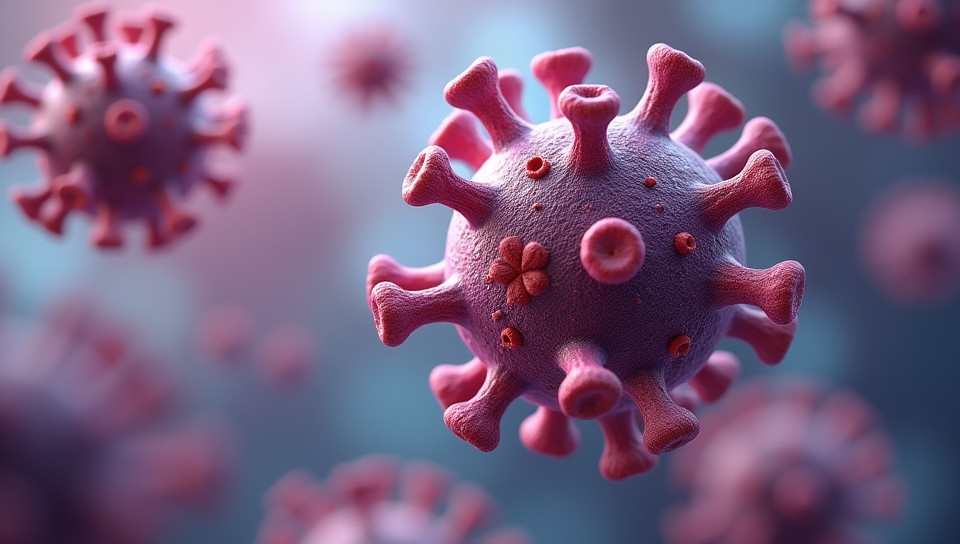Triclosan kills vulnerable bacteria 79%

The Hidden Dangers of Triclosan: How it Kills Vulnerable Bacteria
In our daily lives, we are constantly exposed to antibacterial agents that claim to protect us from the spread of germs and illnesses. One such agent is triclosan, a chemical compound commonly found in personal care products, soaps, and toothpaste. While triclosan may seem like a miracle worker in keeping our bodies free from bacteria, research suggests that it has a more sinister effect on certain types of microorganisms.
The Role of Triclosan
Triclosan is an antimicrobial agent that works by disrupting the cell membranes of bacteria, ultimately leading to their death. It's widely used in consumer products due to its ability to inhibit the growth of a broad spectrum of microorganisms. However, this doesn't mean it's effective against all types of bacteria.
The Dark Side of Triclosan
Studies have shown that triclosan can be detrimental to vulnerable bacteria, which are essential for maintaining our ecosystem balance and gut health. These beneficial microbes play a crucial role in:
-
- Breaking down complex nutrients
-
- Producing vitamins
-
- Regulating the immune system
-
- Maintaining the integrity of the gut wall
When triclosan kills these beneficial bacteria, it can lead to an overgrowth of pathogenic microorganisms, ultimately causing harm to our health.
The Long-Term Consequences
The impact of triclosan on vulnerable bacteria is a pressing concern that warrants attention. Exposure to this chemical has been linked to various health issues, including:
-
- Hormone disruption
-
- Allergic reactions
-
- Antibiotic resistance
-
- Cancer development
Conclusion
Triclosan may seem like a harmless addition to our daily products, but its effects on vulnerable bacteria are far-reaching and alarming. As consumers, we must be aware of the chemicals we're exposing ourselves to and take steps to reduce our use of antibacterial agents. By making informed choices and opting for natural alternatives, we can preserve the delicate balance of our ecosystem and promote a healthier environment.
- Created by: Juliana Oliveira
- Created at: Oct. 19, 2024, 5:30 p.m.
- ID: 13611






